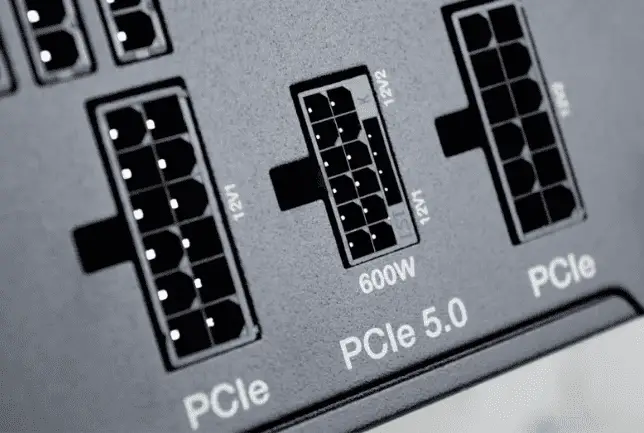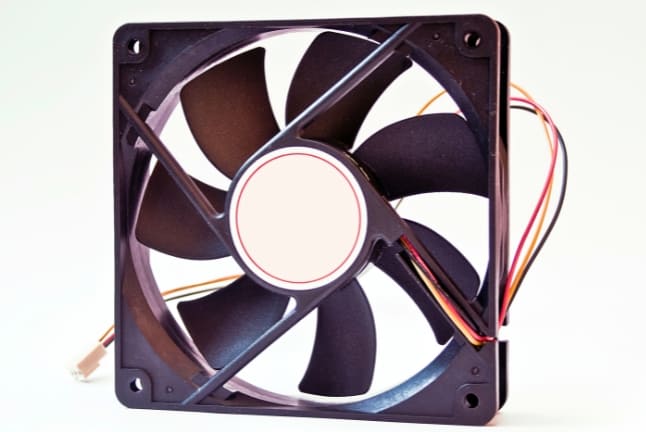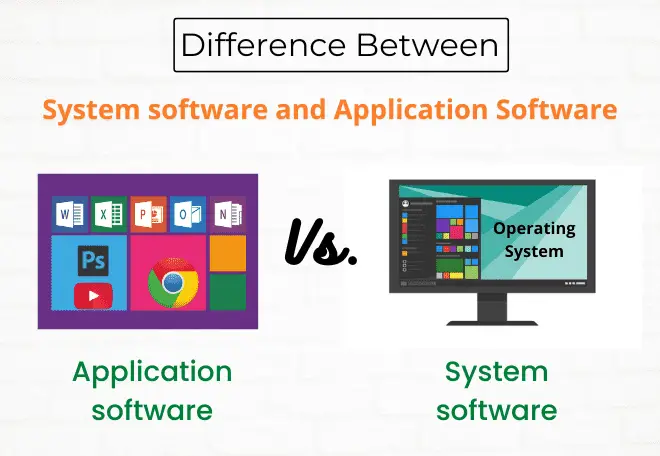Does length of an Ethernet cable matter? People don’t usually think about the wires within their PCs, only the ones that connect ethernet port from A to point B. But not you or me – Gamers and PC enthusiasts who spend on what makes their systems complete, from a power supply unit to a graphics card – so we can use each piece of our computers to its full potential.
But when it comes to Ethernet cables, does it length matter? More importantly, will you lose internet speed on a longer Ethernet cable? No one wants to waste the usable bandwidth and suffer a poorer image quality or ping during gaming, now do we?
So, read on ahead to determine whether the length of Ethernet cable matters and how much effect it has on internet speeds.
Does the length of an ethernet cable matter? Does it affect speed and quality of signal?
Generally speaking: No. The length of an Ethernet cable doesn’t matter, at least in a personal computer case where the distance doesn’t cross the 10 meters for most users; thus, there is a negligible effect on ethernet’s Internet download or upload speed, whether the length of the cable is 2 meters or 100 meters long.
For instance, the most common Ethernet cables used today are Cat5e. These are the enhanced version of the older Cat5 cables and can achieve speeds up to 1,000 Mbps. Furthermore, they can transfer signals up to 100 meters (approximately 328 feet) without any losses in signal quality.
When does the speed or quality of signal gets affected?
The reason why Ethernet cables might be susceptible to losses is because of interference from external sources. The data traveling along the wires become sensitive to foreign electrical and magnetic signals. The longer the distance the data has to travel, the higher the chances of degradation.
However, the effect is negligible, up to 100 meters in most cables, such as Cat5e.
Does a longer ethernet cable make a difference in gaming? Does it affect the ping or latency?
Since the wire will be longer, it means the signal will take longer to get from point A to point B. This is known as latency, or in the gaming language: “ping.” The longer the distance has to travel, the higher the latency. Hence, higher the ping – which is terrible.
However, Ethernet signals travel at speeds around one tenth the speed of light. So, you won’t notice any difference when comparing cables of different lengths.
Furthermore, the delay is about one nanosecond per foot of cable. Now, this is an essential statistic because the reaction time of an average FPS player is around 300-500 milliseconds. 100-250 in the case of professional FPS players.
As a millisecond is about 1,000,000 times nanoseconds. So yeah, the effect is negligible and unnoticeable by the human eye.
How long should an ethernet cable be?
There is no defined limit to how long an Ethernet cable should be. However, the longer the cable is, the longer it will take for the signal to travel – leading to undesirable high latency. Furthermore, the Ethernet cable will also be more susceptible to external interference.
Although, you’re good as long as you keep the length below 100 meters (in most cases). For example, the older Cat5 models can deliver speeds up to 100 Mbps to 100 meters. Beyond this, the speeds can drop as low as 10 Mbps. In some cases, the distance is even lower.
To understand this, let’s have to see the type of cables are in use today.
Types of ethernet cables and their optimal length
The Ethernet cables are represented by “Cat” to indicate category, followed by a number to show the version of cable used. Here are some of the wires used today, their speeds, and their optimal length – the distance they can provide most data without noticeable losses.
Cat5 – These are the older models capable of reaching speeds up to 100 Mbps over 100 meters.
Cat5e – These cables are used regularly today and are available at the most economical prices. They carry speeds up to 1000 Mbps (or 1 Gbps) over 100 meters. The “e” indicates that it is enhanced for better speeds and shielding than Cat5 models.
Cat6 – These have high braided shielding and offer high-level protection against outside interferences. These can offer higher speeds of 10 Gbps but to a length of 55 meters. Also, these are more expensive than the previous models (the prices keep on increasing in the newer models below).
Cat6a – The “a” is for augmented due to its higher durability due to more robust shielding (at the cost of flexibility). It delivers twice the bandwidth (or higher frequency) of cat 6 cables, that too, over 100 meters.
Cat7 – These offer remarkably high speeds of 10 Gbps to a range of 100 meters at a frequency of 600 MHz.
Cat7a – Better and more robust shielding and offer almost twice the bandwidth than cat7. However, both versions of the cable require a special “GigaGate45” connector, which can be expensive or difficult to acquire because of exclusivity.
Cat8 – It supports a very high frequency of 2,000 Mhz. To a distance of 30 meters, it offers blazing fast speeds of 25-40 Gbps, beyond which the speed is limited to 10 Gbps to 100 meters. Cat8 Ethernet cables can also provide power and data at the same time.
Conclusion
As you can see from the table, it’s better to have shorter Ethernet cables. While you do get to maximize your WiFi internet speeds, there’s also another benefit of having shorter Ethernet cables. You get to have a neat and tidy installation without having to worry much about cable management.
In any case, most Ethernet cables will provide you with maximum speeds up to 100 meters. Although some of the more advanced cables will cap out below 100 meters, they will still be able to maintain significant speeds up to the 100-meter mark.
FAQs
Is a long Ethernet cable better than Wi-Fi?
While Wi-Fi might be convenient, a longer Ethernet cable is better than Wi-Fi. Unlike Ethernet, Wi-Fi is half-duplex, so you can’t send and receive data simultaneously. Even with faster Wi-Fi routers, you will still have to share the bandwidth with other users on the network, leading to reduced and inconsistent speeds.
Are long Ethernet cables bad for gaming?
No, long Ethernet cables are not bad for gaming. It’s because gaming occurs at a bandwidth well below the limits of Ethernet cables up to 100 meters. You’re better off using network switches or repeaters for even longer cables like more than 100 meters to restrengthen the internet signals.
How long be an Ethernet cable without losing speed?
A single run of cable is 100 meters in length. So, most Ethernet cables don’t lose their speed at this length. Beyond this length, you will need to place a network switch or repeater to extend the overall reach and refresh the signal strength.
Is shorter Ethernet cables tend to be faster and longer ones are slower?
Theoretically, longer Ethernet cables are slower than shorter ones due to high latency. This is because the signal has to travel a longer distance, therefore will take a little more. However, the signal technically moves faster than the speed of light. So, you’re unlikely to notice any difference when comparing cables of different lengths (anything less than 100 meters).
I hope this article “Does ethernet cable matters?” helped you figure out the fact.




